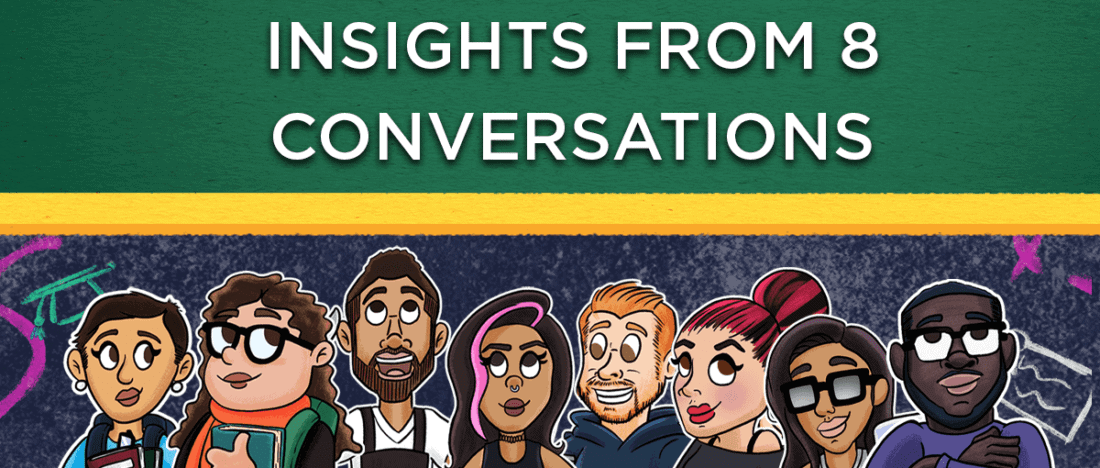Are you in high school wondering what your next move should be after graduation? Maybe you’re currently applying for university or trying to snag your dream internship? Perhaps you’ve been out of school for a little while but now you’re trying to decide whether to go back? If any of that sounds like you, keep reading.
Today we’re talking to Frederick, a 19 year old Texas native and college student who’s juggling internships, freelance writing, as well as a full course load. You may recognize him from Tea With GaryVee!
The College Intern
How would you describe your relationship with formal education?
To be completely honest, I’m not a big fan of school. I understand it, and I’ve really benefited a lot from it, but just the whole education process in general doesn’t make any sense.

The fact that they expect everybody to go in a certain way…and maybe you go that way. You go to college but there’s no accommodations for you, specifically if you’re Black. I enjoy learning, but I don’t like school, if that makes sense.
What are some of your lifetime goals?
I like making music. I want to be a well-versed artist. And an educator, as funny as that sounds. I also want to maintain contacts so I can freelance as a journalist. I plan on getting my master’s degree after I graduate. That’s it for right now–I don’t even know what city I want to live in yet, because that all depends.
Do you think a degree will help you achieve your goals?
Well, to be honest, I didn’t know anything about journalism before I got into college. I was actually supposed to be a music major. I love music, and I still do. But, I took a music class and I was, like, “This isn’t, it.” So I literally dropped it. I already came to college with credits, so that wasn’t a problem. I just said, “You know, mom, dad, I’m gonna do this. Please trust me. Like, I know this’ll work out.” I know my degree will help me because it’s teaching me everything that I should’ve learned had I had an inclination to journalism in high school.
Since I’m already a people person, I’m able to build on these things with what I already knew. Once I started journalism, I picked up internships and I was only one class in. They were like a crash course.
So, what would you say you’re paying for with your degree? Connections outside of the classroom or the knowledge inside it?
Um, not necessarily–Covid happened. Marching Storm (the school band) already made it hard to network, because the schedule is crazy. However, I had actually just joined my first organization on campus, NABJ, National Association of Black Journalists. So that made socializing easier, but still not the typical experience.
So, has Covid changed your opinion about a college education?
Before COVID, I was all for the, you know, college experience. I wanted to do all those things. Coming into an HBCU, who doesn’t want to get into the experience?
Once COVID hit, you know, a lot of us, thought it was gonna be short, maybe a little blip in the road. But as COVID started to prove its longevity, I, kind of, bought out of the whole college experience and bought into the more, okay, it’s time to work. Virtual events only get you so far.
The thing I enjoy (marching band), might not be back next season. But, the thing I came here for, college, is still very relevant. So, I kind of cracked down on classes and I’ve been working my butt off ever since.
How are you paying for school?
Mostly through scholarships and grants. I had to take out a couple loans but, so God be the glory, my loans are not that high. Prairie View actually just got 10 million dollars to help out with juniors and seniors.
Did people from your community, household, support system, expect you to get a college degree?
Well, I’m not first generation at all. I think my grandmothers, and my dad, they have their masters in education. My mom has her masters of education; she’s a counselor, my dad’s a principal. My sister is a teacher too, she graduated from Baylor University. I have a whole family of educators. So my background was solid.
They taught us from a young age, “You want to make it, you need to go to school. We’re not gonna allow you to not get your education. That or the military.” And, you know, education was always emphasised more than the military.
If the traditional college system did not exist, and there were no formal means of networking and talking to professors, how would you achieve your goals?
I really don’t know but I think I’d figure it out on my own. Networking in college hasn’t really helped me as much as networking in the real world. You put your resume together, talk to people, and it’s like “there you go”.
I feel like I’d work a way around it, but, I would probably be a lot more lost than I am now. You know, I’m appreciative of the system because, I mean, it helps.
What would you like to tell people that are considering being a journalist, or that are considering teaching?
You need to work for it and you need to earn your stripes. I was actually in a Clubhouse room yesterday, we were talking about this. Right now, I’m doing six month internships. When I started, I wasn’t expecting to be paid, because I know how broad the field is, I know how many people there are. So, it’s one of those things where if you want to do this, you need to understand that you’re not gonna get the respect you deserve, you’re not gonna get the recognition that you like, and, you know, x, y, z might not happen to you.
But you need to push through. If you want to make your name great, that’s what you’re gonna have to do, you’re gonna have to work through all those things.
Some people debate whether college is worth it. What do you think of the overall system?
As far as education, I just want to say: get to know people. Learn people, learn how people are, because you’re gonna meet so many different types of people in the education field.
You need to be well versed to be a teacher, support people, and help them succeed. You don’t necessarily need to be so legalistic about it, to the point where you don’t know how to approach a person, but I feel like that’s what our education system has cultivated. That’s why I see a lot of educators are trying to dismantle that and I appreciate it.
Growing up, my dad made a difference in people’s lives. He would buy kids lunch if they needed it, he would show up at funerals…that’s the kind of difference I want to make in my students’ lives.













I appreciate the effort and care behind this content.
Keep up the fantastic work!
This is one of the most informative posts I’ve seen on this subject.
Keep up the amazing work—this blog is a gem.
I really admire the way you communicate your ideas.
The visuals you included really enhanced the message
I feel inspired to dive deeper into this topic
This post really made me think. Thanks for the insight.
Such a thoughtful and well-written piece. I appreciate your perspective.
Your analysis of [specific issue] was both thorough and thought-provoking.
The statistics you included added great value to your argument.
This article was a great mix of inspiration and practicality.
Loved this! Can’t wait to see what you write about next.
You make even the hardest topics seem manageable.
I admire your consistency and dedication.
I could read your posts all day, seriously.
Thanks for such a thoughtful and well-organized post.
Your posts always encourage me to keep growing.
I feel more confident tackling this now.
I can’t believe I didn’t know this sooner. So useful.
Your writing style makes complex topics easy to understand.
Your advice was spot on and exactly what I needed.
This post came at just the right time—thank you.
Loved this! Thank you for such thoughtful content.
Thanks for breaking this down so well – I finally understand it now.
Such a helpful and thoughtful post, thank you!
Your passion really comes through in your writing.
This kind of content is exactly what I was looking for.
You made a complex idea feel approachable and clear.
This was a very insightful and thoughtful piece.
This was not only informative but also fun to read.